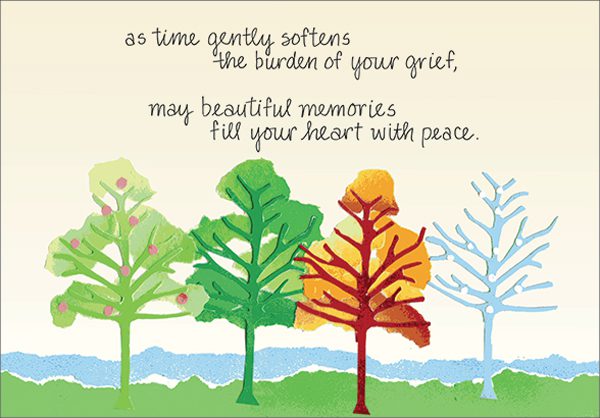 I have an anniversary coming up, as do you. Depending on where you live in the country, or what country you live in, your anniversary date might differ a bit, but mine is the middle of March. As I write this it comes to me that March 15 was in Roman times, the Ides of March. This particular full moon date was the deadline for settling debts. Shakespeare is responsible for our familiarity with this date due to his play Julius Caesar. In the play, a seer warns the ruler, ‘Beware the ides of March.” Caesar ignores the warning, and two years later is killed on that very day.
I have an anniversary coming up, as do you. Depending on where you live in the country, or what country you live in, your anniversary date might differ a bit, but mine is the middle of March. As I write this it comes to me that March 15 was in Roman times, the Ides of March. This particular full moon date was the deadline for settling debts. Shakespeare is responsible for our familiarity with this date due to his play Julius Caesar. In the play, a seer warns the ruler, ‘Beware the ides of March.” Caesar ignores the warning, and two years later is killed on that very day.In my case and most likely yours, close to one year ago we were told by health and government officials to “shelter in place,” due to the spread of the novel Corona virus which was on its way to becoming a world-wide pandemic. Life as we had known it stopped. Many people, places, and things we love have been absent from us since. Unlike Caesar, I got the message immediately that my life was in danger, and like many of you, I’ve hardly left my room this past year. As a writer, this is not a total disaster. Shakespeare himself wrote one of his plays while sheltering during the pandemic of his era. This time out of time, without travel and interruptions from social events has given me the opportunity to work on my next book, The Art of Grieving.
Before the lockdown I had begun to look at much of life through the lense of grief, coming to believe that learning to grieve well might be one of the most important skills to acquire in order to live a satisfying life. Many people questioned why I would want to focus on such a negative topic. Publishers even responded to me and fellow authors a few years ago that “Grief doesn’t sell.” I’m guessing that the market for the topic of grief has expanded exponentially given that most everyone on the planet has been missing most of what we love for over a year. And adding to that is the lack of certainty of when these losses will end.
In dealing with loss and grief anniversaries are a critical time. We don’t want the date of an important loss to come on us unexpectedly. It seems our bodies remember and have a way of creating what is sometimes called a “grief burst” that can overwhelm. Clients have reported feeling depressed or anxious for no current reason, but as we explore together what happened around this particular time last year or the year before, they identify the cause–a significant loss that had been shut away from their current awareness.
When we know that the anniversary is coming, we can prepare to mark the occasion and celebrate it in a way that will help us process these experiences, to metabolize them as resources for our future life. Four hundred and twenty-one thousand families in the US have lost a loved one with over 200 million families world-wide becoming mourners this year. These people often didn’t have the chance to accompany their loved ones as they leave this world or to celebrate them in the familiar ways their communities have done for generations. If we know a family so impacted, we can reach out to remember and honor their loved them with them.
Besides the lives lost, the list of what we have been missing, if read aloud would take weeks to complete. Many people have missed big things like having enough food, a job to pay the bills, traveling, celebrating holidays in person with family, and small things; coffee with friends, hugging grandchildren, working out in the gym, or getting personal care services like haircuts and massages, and of course, getting together in person with friends and family.
On this year anniversary we can look back at what we have gained, as we have made do under these circumstances. Somethings we’ve let go of forever and others may turn out to be gifts to our future life. My friends and I have learned to host family gatherings on -line and coach grandchildren on schoolwork. Put emphasis on gardens and baking bread. On-line classes and meetings have kept us learning and growing and connected in ways we couldn’t have imagined a year ago. We celebrate our having survived without the life, the hugs, the work that gave us meaning, the concerts, the church services. We recognize the increased appreciation we will have for these things once they are returned to us. The most important gift that loss bestows is how it helps us appreciate what we have experienced, and going forward–what really matters.

